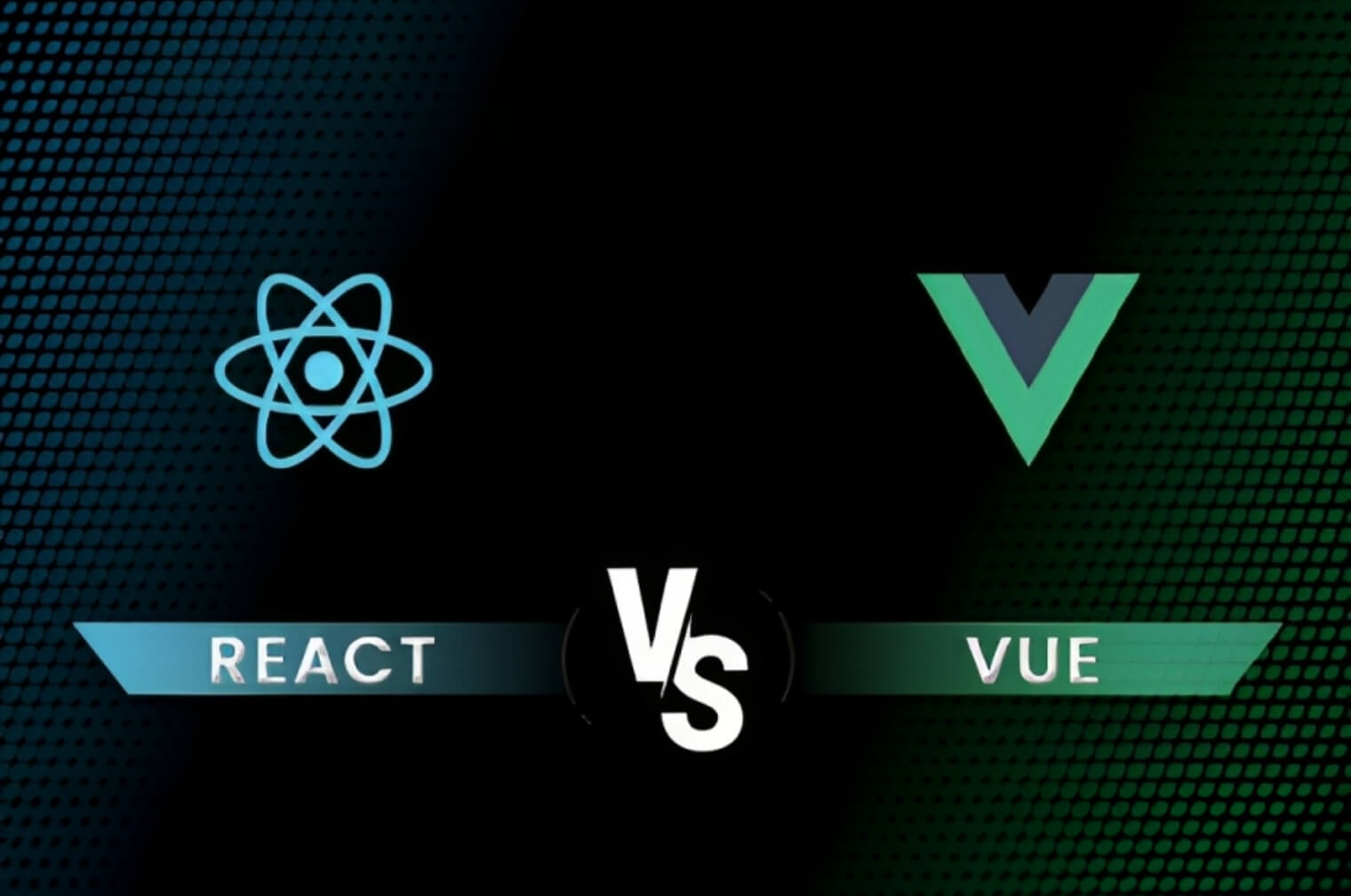If you’re looking for a framework to use for your next project, you’ve likely come across the terms React and Vue. Both frameworks have been around for a while, offering different functionalities and styles. If you are confused, Should I use Vue or React? Which is better: Vue or React 2022? Will compare the two platforms and help you decide which one is best for your next project!
React and Vue
React, and Vue is two of the world’s most popular front-end development frameworks. They both have their strengths and weaknesses, so it’s important to understand what each one can do before making a decision. In this article, we’ll compare React vs. Vue and help you decide which one is right for your next project.
Differences between react and vue
A well-liked JavaScript library for creating user interfaces is React. React, a renowned JavaScript library for web and mobile development. With scalability, extensive features, and reusable code, React JS empowers you to create exceptional user interfaces with ease. Vue is a different framework that takes a different approach to build user interfaces. Vue offers flexibility, seamless migration, and intuitive component components and allows developers to create complex UIs easily. This choice ultimately boils down to personal taste. If you’re new to React, we recommend starting with React first. If you’re more experienced with Vue, go with Vue.
Pros of react
React is a popular front-end library that enables developers to create user interfaces with declarative templates. React provides an efficient way to manage state, and its composable components make it easy to build user interfaces.
One of the main benefits of using React is that it is fast. Compared to other popular frameworks such as Vue, and Angular React performs faster in both development and production environments. Additionally, React has a large ecosystem of third-party libraries and tools that makes development more convenient.
Another advantage of using React is that it can be used for creating single-page applications (SPAs). SPAs are advantageous because they enable users to navigate between pages without reloading them. This makes SPAs more responsive than traditional web applications.
When compared to Vue, React has several advantages:
- React provides better performance and scalability when building large-scale applications.
- React promotes component reusability for efficient development.
- React is widely adopted by industry-leading companies.
- React offers robust debugging capabilities for enhanced development.
- React has a larger community of developers, making it easier to find support for your specific needs.
- React is easier to learn than Vue.

Dislikes of react
React’s popularity may be due to its simplicity and its use of ReactDOM.js, making it easy for developers to get started. However, React has a few drawbacks that may make it unpopular in some situations. Sometimes configuring React projects can be a complex task, especially for developers who are new to the framework. It involves setting up additional tools and configuring various aspects of the project, such as the routing library and state management.
Pros of vue
- Vue’s syntax is straightforward to understand, making it quick to learn and develop.
- Vue offers excellent testing capabilities, making it simpler for developers to write unit tests and ensure code quality.
- Vue provides two-way data binding is a powerful feature.
Dislikes of vue
When choosing a front-end framework, React, and Vue is often pitted against each other. However, many developers dislike Vue for various reasons. In this post, we’ll explore why many developers dislike Vue and whether or not it’s worth considering.
Why developers dislike vue
- Vue’s learning curve can be steep for developers experienced with other frameworks, potentially posing challenges during transitions or when working on projects with a different technology stack.
- Vue may receive less industry adoption compared to frameworks like React or Angular, which can limit job opportunities and community support for developers.
- Some developers have expressed concerns about gaps or inconsistencies in Vue’s official documentation, which can make it harder to troubleshoot or understand certain concepts.
- Vue’s opinionated structure, while a benefit for some, can be perceived as limiting or overly prescriptive for developers who prefer more flexibility or customization options.
Conclusion
React, and Vue is two of the most popular front-end development frameworks. Both have pros and cons, but in the end, it comes down to what you need your web app to do. If you’re still confused, Should I use Vue or React? Which is better: Vue or React 2022? I would recommend choosing React because it is more beginner-friendly; however, if you’re already familiar with modern JavaScript development and want something more feature-rich, go with Vue. Ultimately, the decision comes down to what features are important to you and how comfortable you are working with a particular framework. So whichever one you choose, make sure you research both before deciding.

Palak Trivedi
With a portfolio of 5+ projects, Palak Trivedi is a React Team Lead with over 6 years of experience specializing in React, Redux, Next, and JavaScript.
